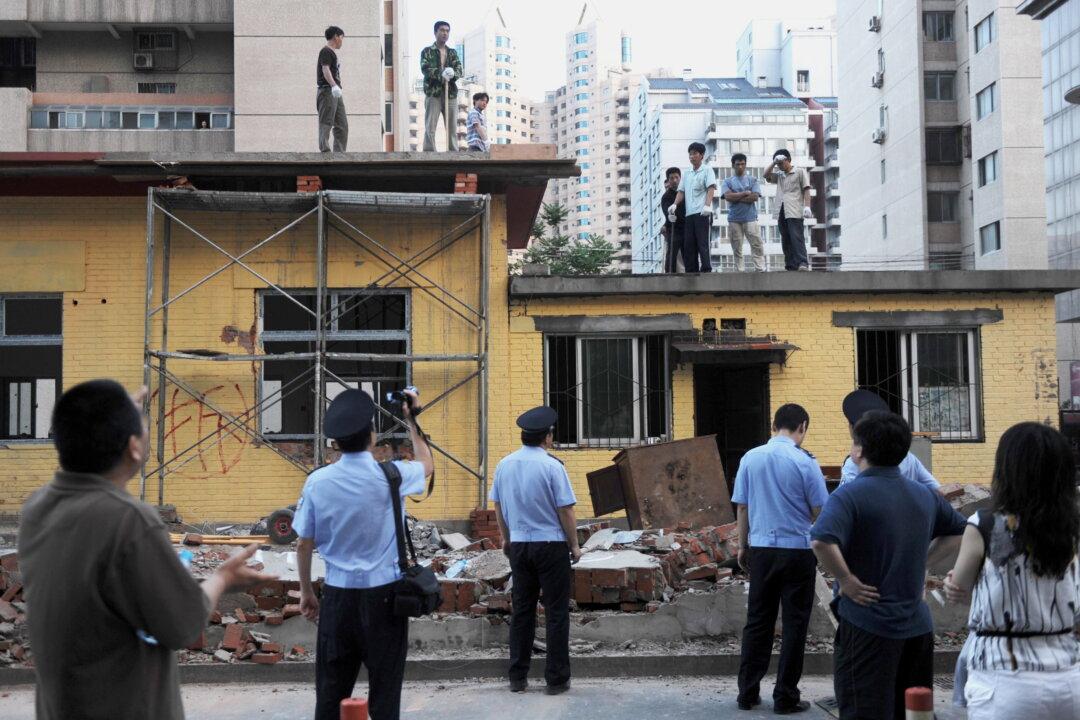A professor at Sichuan Normal University was found dead on the school’s campus in mid-January. Although local authorities have ruled out foul play, those who were close to the victim believe that his death is related to the recent forced demolition of his properties.
The local police and the university have confirmed Tuo’s death on Jan. 18. A statement released by the university said that local authorities have ruled out criminal activity and the incident is still under investigation.



